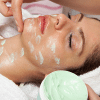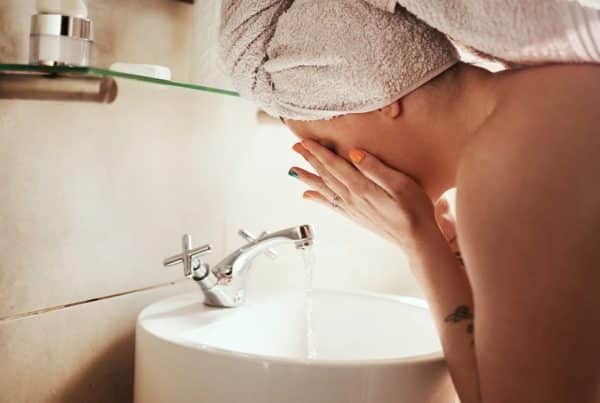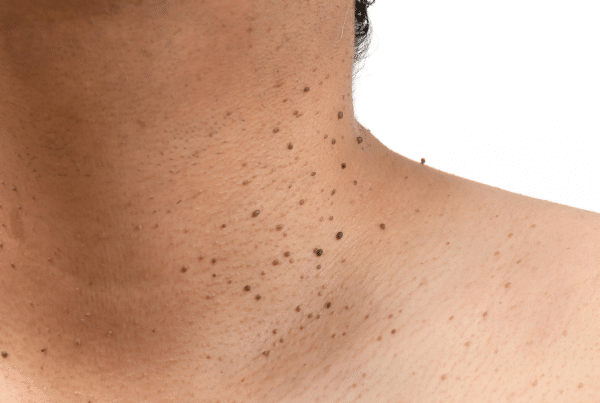
In today’s fast-paced world, our minds are constantly buzzing. Whether it’s work, personal obligations, or social media, we find ourselves overwhelmed. But what if I told you that the key to relaxing your brain is written all over your face—literally? Through specific facial techniques, you can reduce stress, elevate your mood, and create a more relaxed mind.
Understanding Brain Waves
Our brain operates through various waves that reflect our mental state. For example, alpha waves are associated with relaxation, while beta waves often reflect alertness or stress. When we practice relaxation techniques, our brain produces more alpha waves, calming us down.
The Role of Neurotransmitters
Neurotransmitters like serotonin and dopamine play crucial roles in mood regulation. By engaging in relaxation exercises, particularly facial techniques, you can increase the production of these “feel-good” chemicals, promoting positive emotions.
How Your Face Reflects Emotions
Did you know that our facial expressions are directly connected to our emotions? When we smile, frown, or scrunch up our faces, we’re not just expressing how we feel—our facial muscles send signals to our brain that reinforce those feelings. So, relaxing the face can, in turn, relax the mind.
The Mind-Body Connection
There’s a powerful connection between how we physically hold ourselves and how we feel mentally. Tension in the face can reflect deeper mental strain. By relieving facial tension, you’re also allowing your brain to let go of stress.
Key Facial Muscles for Relaxation
Certain muscles, like those around your eyes, forehead, and jaw, play a significant role in how stressed or relaxed you feel. Tension in these areas can signal your brain to remain in a state of anxiety.
How Facial Tension Contributes to Stress
When your facial muscles are tense, the brain stays in a state of heightened alertness. This can prevent relaxation and increase stress levels. By deliberately relaxing these muscles, you’re signaling to your brain that it’s okay to calm down.
Benefits of Facial Techniques for Brain Relaxation
Improving Mood and Reducing Anxiety
Simple facial techniques can work wonders for improving your mood. Relaxing the muscles in your face sends signals to your brain that help reduce anxiety and promote feelings of happiness.
Enhancing Focus and Cognitive Function
A relaxed brain isn’t just happier; it’s also sharper. By reducing facial tension, you improve blood circulation to the brain, which can boost cognitive function and help you focus better.
Top 5 Facial Techniques to Boost Positive Emotions
1. The Smile Technique
Even if you’re not feeling particularly happy, smiling can trick your brain into feeling good. Hold a smile for 20–30 seconds to activate the muscles connected to positive emotions.
2. Forehead Relaxation
Close your eyes and place your fingers gently on your forehead. Massage the area in circular motions for one minute. This helps release tension and can instantly bring a sense of calm.
3. Cheek Massage
Using your fingertips, gently press into the muscles of your cheeks and massage in circular motions. This technique not only feels good but also stimulates blood flow, promoting relaxation.
4. Jaw Release
Many people hold tension in their jaw without even realizing it. Slowly open and close your mouth while massaging the area just below your ears. This can help release tension and relax your mind.
5. Eyebrow Stretching
Place your fingers just above your eyebrows and gently push upward. Hold for 10–15 seconds. This technique helps relieve tension in the forehead and eyes, reducing stress.
Facial Exercises vs. Facial Massages
Which Is More Effective?
Both facial exercises and massages offer unique benefits. Exercises engage muscles and stimulate blood flow, while massages provide deeper relaxation and stress relief. Combining both offers the best results.
What Is Facial Reflexology?
Facial reflexology involves stimulating pressure points on the face to promote relaxation throughout the body. It’s a holistic approach that taps into the body’s natural healing processes.
Key Reflexology Points on the Face
Key areas like the temples, under the eyes, and jawline hold powerful reflex points. By gently pressing these areas, you can relieve stress and boost mental clarity.
Reducing Anxiety and Depression Symptoms
Facial techniques have been shown to reduce symptoms of anxiety and depression by encouraging the production of serotonin and dopamine. Regular practice can promote a more stable mental state.
Promoting Long-term Brain Health
Relaxing the facial muscles not only improves your mood in the short term but can also promote long-term brain health by reducing chronic stress and enhancing mental resilience.
Creating a Routine for Maximum Benefits
To get the most out of facial techniques, practice them daily. You don’t need hours—just five to ten minutes a day can make a noticeable difference in your mental well-being.
Best Essential Oils for Relaxation
Pairing essential oils like lavender, chamomile, and eucalyptus with facial techniques can amplify their benefits. These oils promote relaxation and can help soothe both the mind and body.
Morning and Evening Routines
Start your day with a quick facial massage to energize your brain, and end your evening with a calming technique to relax before bed. Building these habits can help you maintain a positive mental state.
Combining Techniques for Better Results
By combining multiple facial techniques, you can create a routine that targets different areas of tension, providing comprehensive brain relaxation.
How Facial Movements Impact Emotions
The facial feedback hypothesis suggests that our facial expressions can influence our emotions. Smiling, even when you don’t feel happy, can make you feel happier by triggering positive emotional responses in the brain.
Conclusion
Facial techniques are a powerful, yet often overlooked, tool for brain relaxation. By practicing these techniques regularly, you can boost positive emotions, reduce stress, and enhance your overall mental well-being. Remember, relaxation starts with your face!
 5 6 1 . 8 1 0 . 0 5 5 5
5 6 1 . 8 1 0 . 0 5 5 5 







